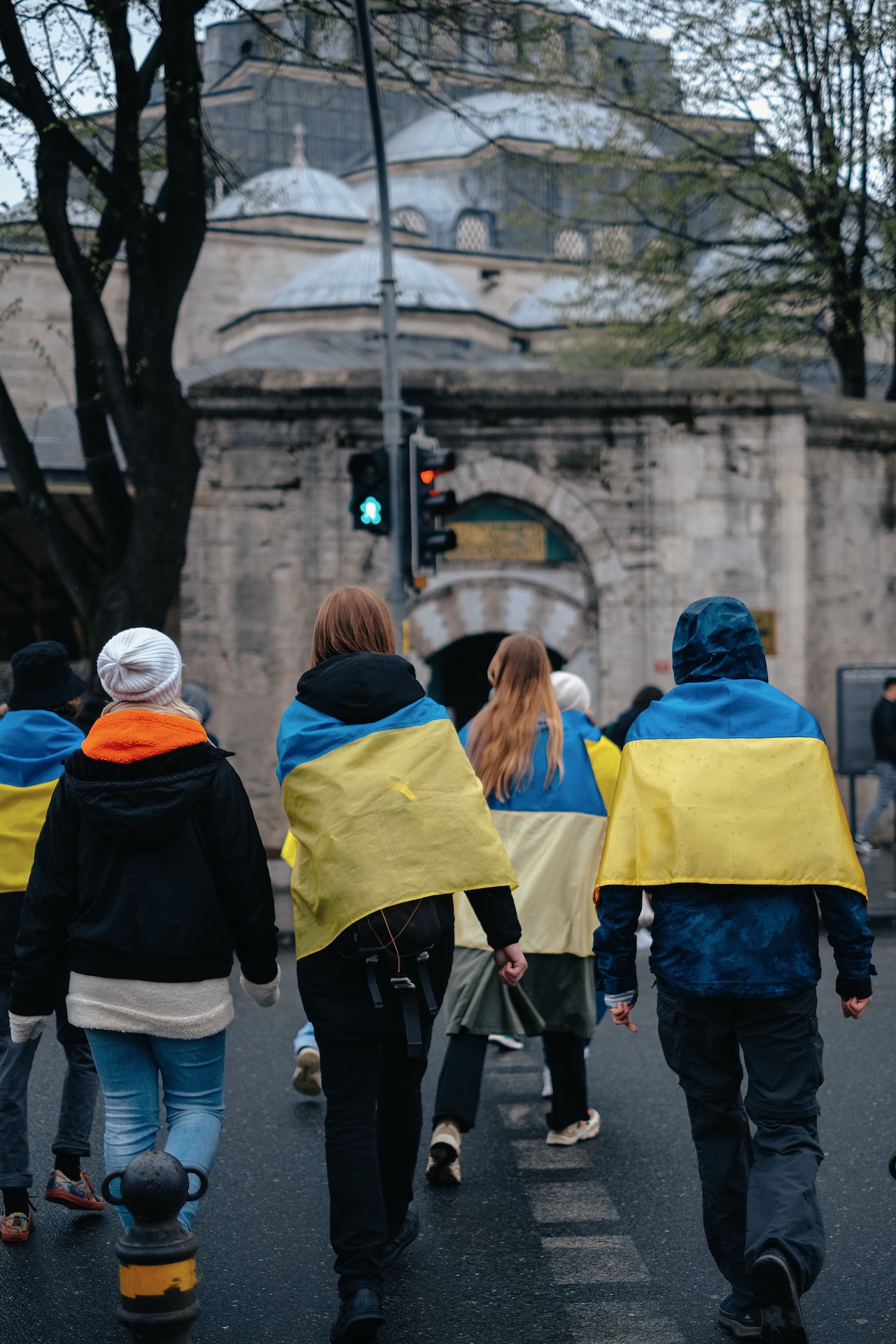Approximately one out of every ten refugees has intentions of returning to Ukraine in the near future. Among the adult population, around two-thirds are contemplating a return to their homeland at some point. These findings were unearthed by the International Organisation for Migration (IOM) during its research on displaced individuals. Over the course of the second quarter, the survey engaged 1,706 adults under temporary protection from all regions except Zlín. For the specified locations and timeframe, the researchers assert that these conclusions hold representational significance. According to the preliminary sixth amendment of the Ukraine legislation, the government is slated to devise a program aimed at assisting refugees in their voluntary repatriation.
This survey constitutes a component of an IOM initiative focused on displacement, named the Displacement Tracking Matrix (DTM). The project’s inception dates back to last June in the Czech Republic, and its objective is to chart the movements, intentions, and requirements of those who have been displaced. Qualified field workers conduct interviews with respondents and administer questionnaires across assistance centers, offices, charitable organizations, and lodging facilities.
Close to seventy-five percent of the respondents had spent over nine months away from their original residences. In the second quarter of the current year, 66 percent of adults expressed intentions of returning to their homelands at some point. This figure was at seventy-five percent last autumn. A cumulative ten percent of individuals wish to depart Ukraine shortly to return to their original locales. An additional one percent aims to relocate within their home country. Two percent of adults are interested in intra-Czech mobility, while three percent contemplate settling in another nation. Three-quarters of individuals under temporary protection do not currently harbor intentions of relocating.
For forty percent of those desiring an imminent return to their homelands, the motive is to contribute to the improvement of their home country’s situation. Almost an equal percentage of respondents mentioned reunification with family as a driving factor. A quarter of respondents wish to depart due to inadequate or unavailable housing. Notably, one in eight individuals cited discrimination as a reason. While men exhibit a greater inclination to return in pursuit of better conditions at their origin, due to housing shortages and discrimination, women are more motivated by family considerations.
Among those planning a return, financial assistance, job placement, and housing are identified as the most pressing needs post-arrival. Some respondents also emphasized the importance of children’s education, support for establishing businesses, and transportation. A third of the respondents expressed uncertainty, and another third stated they would not require assistance.
For those seeking to leave the Czech Republic for other countries, Germany emerged as the preferred destination, followed by Canada, Poland, and Spain. The principal incentives for overseas migration or intra-Czech movement encompass job prospects, connections with friends and family, and the termination of support in their current locale. In the Czech Republic, Prague and Pilsen ranked as the most sought-after destinations.
As per the proposed modification to the Ukraine legislation, the Czech Republic intends to formulate a specialized program facilitating the voluntary return of refugees to Ukraine. This program would furnish support and defray certain expenses.
At the conclusion of the past week, the Interior Ministry reported a refugee population of 362,600 from Ukraine, holding protection visas in the Czech Republic, predominantly consisting of women and children. The UN High Commissioner for Refugees (UNHCR) recently advocated against compelling refugees to return, given that despite recovery endeavors, substantial humanitarian aid remains indispensable in Ukraine, rendering mass returns unfeasible.
Source: ceskenoviny.cz


















